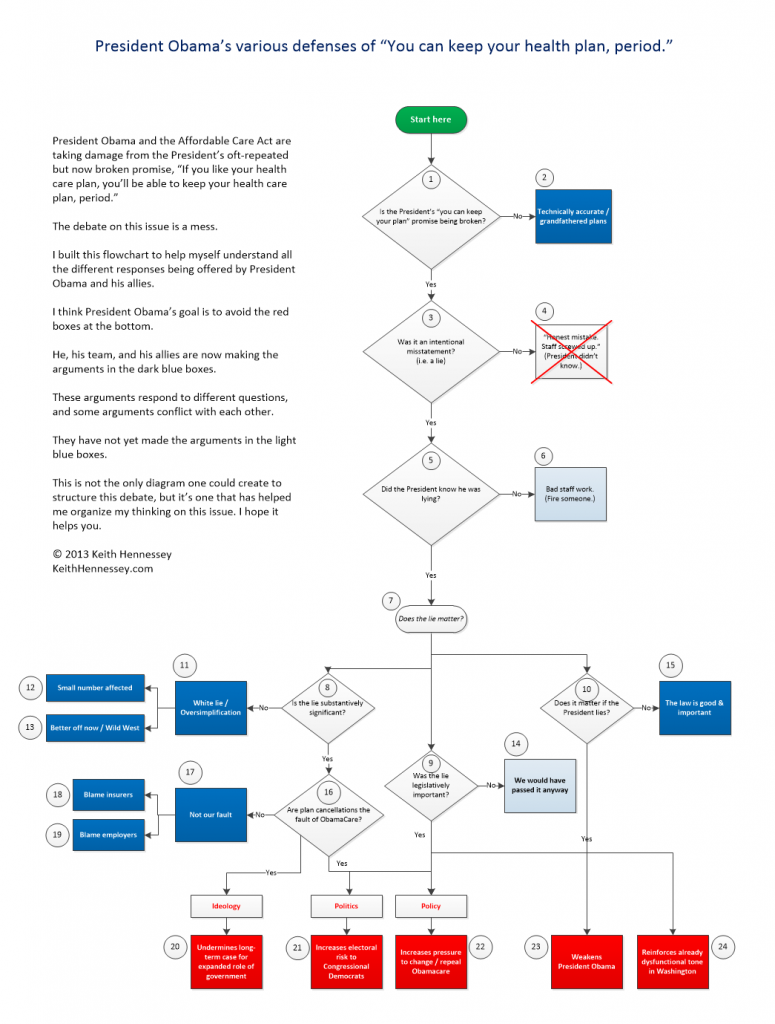I have digested the results of the election. I was bitterly disappointed but I have to admit that the Obama campaign did a superlative job of getting him re-elected. For other comments on the election, see the other blog where I am one of the boyz.
Today, I have see a post that is so good I have to post it here. It is by John H Cochran
I’m a professor at the University of Chicago Booth School of Business. This is a blog of news, views, and commentary, from a humorous free-market point of view. After one too many rants at the dinner table, my kids called me “the grumpy economist,” and hence this blog and its title. I’m not really grumpy by the way!
John Cochrane’s blog
Wednesday, November 7, 2012
Predictions
I did a short spot on NPR’s Marketplace this morning (also here). The announced topic was what I thought would happen to economic policy after the election. Jeff Horwich, the interviewer wanted to stitch together a story about everyone is going to get together and play nice now, which seemed like a fairly pointless line to pursue. What “I would do” is now off the table, and I didn’t think it worth arguing with Jared Bernstein’s repetition of Obama campaign nostrums.
But it gave me a chance to put some thoughts together. I usually don’t predict anything, because I (like everyone else) am usually wrong. But I’ll make an exception today
Forecast in three parts: The sound and fury will be over big fights on taxes and spending. They will look like replays of the last four years and not end up accomplishing much. The big changes to our economy will be the metastatic expansion of regulation, let by ACA, Dodd-Frank, and EPA. There will be no change on our long run problems: entitlements, deficits or fundamental reform of our chaotic tax system. 4 more years, $4 trillion more debt.
Why? I think this follows inevitably from the situation: normal (AFU). Nothing has changed. The President is a Democrat, now lame duck. The congress is Republican. The Senate is asleep. Congressional Republicans think the President is a socialist. The President thinks Congressional Republicans are neanderthals. The President cannot compromise on the centerpieces of his campaign.
Result: we certainly are not going to see big legislation. Anything new will happen by executive order or by regulation.
1. Taxes and spending
The tax negotiations fell apart last summer. Why should exactly the same deal revive now? The President will not give in on raising taxes on “the rich,” and go for a revenue-neutral reform, especially after campaigning on it. The house will not give in: They will note that even the President’s rosy revenue forecast of $1 trillion in 10 years is $100 billion a year, 1/10 of our deficit. They will look across the ocean and see that every European country that has tried to balance its books by raising (marginal) taxes, especially on investment, is raising pathetic amounts of revenue and creating a double dip recession.
If you have the same situation, you have the same outcome: every January a free-for-all chaos to plug the holes for one more year. Every lobbyist comes to Washington to get his piece renewed. Occasional debt ceiling fights. No budget for 4 more years.
2. Regulation:
With no big legislation coming, the unfolding of regulation will be the big story. It is news to most Americans, but the ACA and Dodd-Frank are not regulations written in law. They are mostly authorization to write regulations. They are full of “the secretary shall write rules governing xyz” with a timetable. Most of that timetable starts today, November 7 2012. You don’t have to think the administration is a bunch of willy nilly regulators to foresee a metastatic expansion of regulation. You just have to look at the time-table of regulations already legally mandated and pending.
I fished around a little on the net. The EPA has regulations under development that by its own estimates will cost hundreds of billions of dollars a year. I’m all for clean air, but there is a question of just how clean and at how much cost. A few small examples, picked for their obviously intrusive nature, questionable cost/benefit or humorous values
Greenhouse gases. Detailed industry controls focusing on greenhouse gas emissions. They’re even going to regulate cow farts. Sorry, Farm Methane Emissions. It’s funny unless you’re a dairy farmer. Hundreds of billions
Between greenouse gases, much tighter mercury limits, and designating coal ash a “hazardous substance” like nuclear waste (I’m exaggerating, but that’s the idea), the end of coal.
Tight fracking regulations.
Much tigher ozone standards. Many cities are now way over the limit.
Cut sulfur in gas from 30 ppm to 10 ppm. EPA: $90 billion a year
Temperature standards to protect fish in powerplant cooling ponds
Tighter standards for farm dust. Farms have to submit mediation plans.
Water quality control for every body of water in the country.
Strict regulation of industrial boilers ($10-20 billion)
Formaldehyde emissions from plywood. I didn’t know Home Depot was a dangerous place to hang out.
ACA/Obamacare. The big parts are all coming in the next four years. Medicaid expansion, Exchanges, the mandate to buy insurance, the ban on charging people different amounts based on preexisting conditions, “accountable care organizations,” and most of the regulatory bodies are all coming.
Dodd Frank. For number of rules that a law commands be written this takes the cake. If you want to scare your libertarian kids on Halloween, just read from the Fed’s admirably transparent regulatory reform website. Just for fun here is a sampling of Final Rules Due in one three day period, Dec 31 – Jan 2
Expiration date for CEA exemption for swaps
Broadened leverage and risk based capital requirements
FDIC Investment grade definition
Final rule OCC credit rating alterinatives
Joint final rule Market risk capital
OCC lending limit rule compliance
Supervision of consumer debt collectors
Incorporating swaps
Clearing agency standards
I have no idea what any of this means either. I do know that hundreds of billions of dollars are at stake, and the involved industries, their lawyers and lobbyists, are furiously “helping” to write all these rules.
This is the real news. It’s baked in. Any new regulatory agendas come on top of this. And it will remake the American economy in the next four years.
The point here is not good or bad. I’m just forecasting what is going to happen — and it seems clear to me that writing, haggling over, implementing, challenging, and repairing all this regulation is going to be the main story about actual economic policy for the next four years.
With no legislation forthcoming, any new initiatives will be by new regulations, or by executive orders.
3. Deficits, entitlements, reform
I see no chance that the new government, a repeat of the old government, will make any substantial progress. I wish they would, but hope is not a forecast. Deficits will be $1 trillion per year, plus or minus due to the usual effects of any economic growth or lack of it on taxes and spending, so long as some chumbolones somewhere are willing to lend our government the money at negative real interest rates. 4 more years, $4 trillion more debt. Entitlement bomb 4 years closer.
4. Economic forecast
Slow growth. Recovery is a bit natural, no matter how much sand the government puts in the gears. So, sclerotic but positive growth is the baseline. That’s all conditional on my forecast that not much new comes out of Washington. With big tax hikes, slower growth or a double dip recession. With (in my dreams) a revenue-neutral, marginal-rate cutting dramatic simplification, or a miracle of sanity hitting our regulators, we get much more growth.
We’re still sitting on a debt bomb. Remember 2004, when a few chicken-littles were saying “there is trouble brewing, there is a huge amount of debt (mortgages) that is in danger of defaulting, and the banks are stuffed with it?” And how everyone made fun of them? That is our situation now, but it’s sovereign debt. (There’s an interesting tidbit in today’s news that Exxon and Johnson and Johnson bonds are trading with prices above / yields below US Treasuries)
Advice? If you run a business, get a lot of lawyers and lobbysists. He who writes the regulations will make a lot of money. He who does not will lose. Make sure you make the right political contributions and don’t say anything critical of those in power. You will need a discretionary waiver of something, and these rules are so huge and so vague, the regulators can do what they want with you. Don’t be the one to get “crucified” (EPA). We live in the crony-capitalist system that Luigi Zingales describes so well. Live with it. Political freedom requires economic freedom, taught us Milton Friedman. You don’t have the latter, don’t expect the former.
If you’re an investor, get out of long term nominal government debt. I have no idea who is holding 10 or 30 year treasuries at slightly negative real rates of interest, and bearing the risk of inflation and interest rate rises. Not me.
I hope I’m wrong. I really, really hope I’m wrong.
I hope he is too. But I don’t think so.






